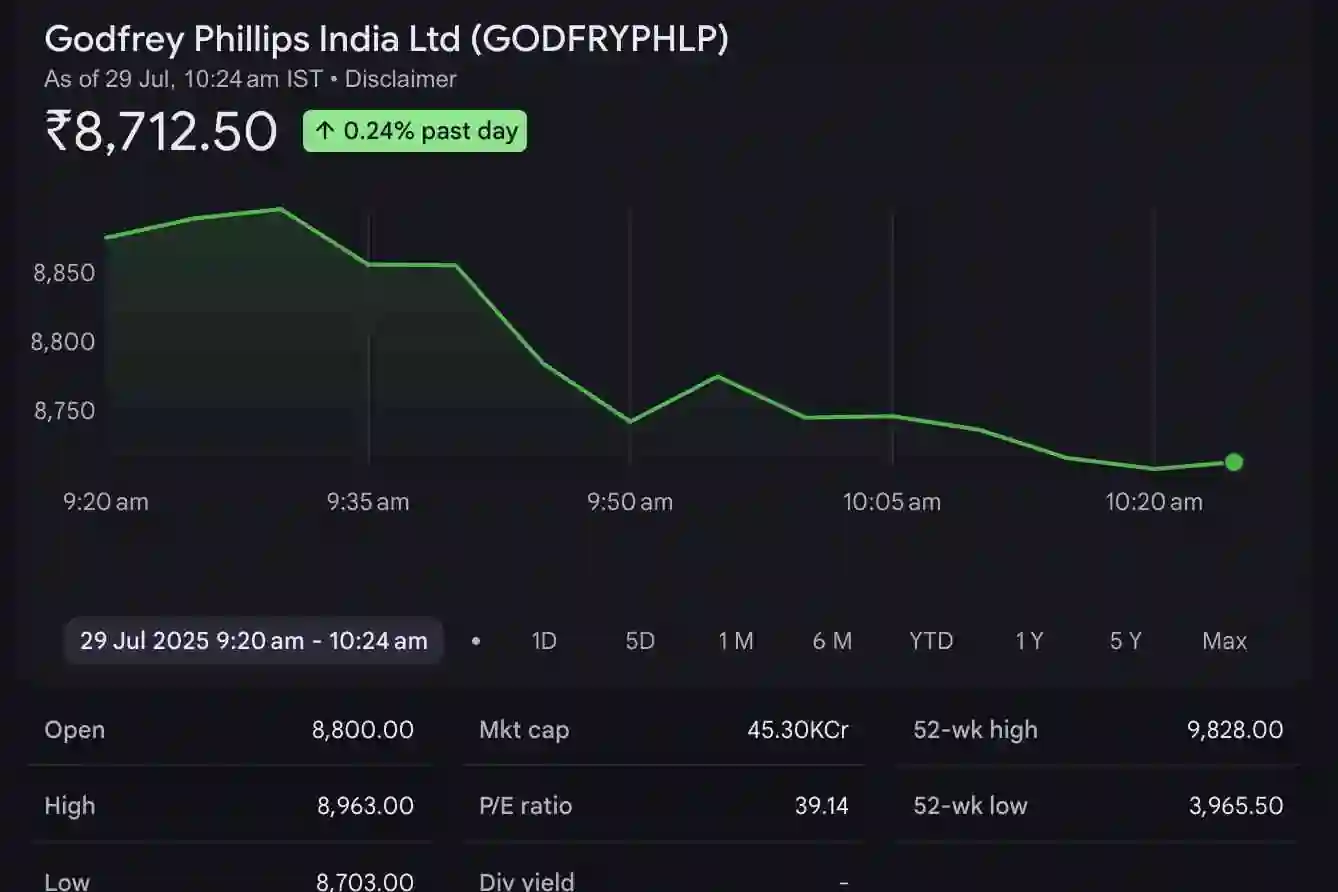As the frontend development landscape continues to evolve, developers are presented with an array of powerful tools and frameworks to choose from. Two of the most popular and widely used frontend frameworks are ReactJS and Vue.js. Both have gained significant traction in the web development community and are favored by developers for building modern, interactive, and performant user interfaces. In this blog post, we'll dive into a detailed comparison of ReactJS and Vue.js, exploring their similarities, differences, and unique features.
An Overview of ReactJS and Vue.js
ReactJS
ReactJS, commonly referred to as React, is an open-source JavaScript library developed by Facebook. It was first released in 2013 and has since gained immense popularity due to its component-based architecture and virtual DOM (Document Object Model) rendering. React is primarily used for building Single Page Applications (SPAs) and complex user interfaces. Its main goal is to provide a reactive and efficient way to handle the UI components of an application.
Vue.js
Vue.js, on the other hand, is a progressive JavaScript framework created by Evan You. It was released in 2014 and has rapidly gained popularity among developers for its simplicity, ease of integration, and smooth learning curve. Vue.js follows a similar component-based architecture, like React, and also utilizes a virtual DOM for efficient rendering. Vue.js is designed to be incrementally adoptable, making it easy to integrate into existing projects or use as a full-fledged frontend framework.
Comparison of Features
1. Learning Curve
React's learning curve can be steeper for beginners due to its extensive ecosystem and reliance on various additional libraries (e.g., React Router, Redux) for state management and routing. On the other hand, Vue.js has a gentle learning curve, making it more approachable for newcomers to frontend development.
2. Template Syntax
React uses JSX (JavaScript XML) for writing component templates, which embeds HTML-like syntax directly into JavaScript code. Vue.js, on the other hand, relies on a more familiar and intuitive template syntax with Vue Directives, allowing developers to bind data, handle events, and manipulate the DOM in a declarative manner.
3. State Management
React doesn't provide built-in state management, but it encourages the use of external libraries like Redux or MobX for managing complex application states. Vue.js, on the other hand, includes a simple and effective state management system out-of-the-box, known as the VueX, which makes managing state in large applications more straightforward.
4. Performance
Both React and Vue.js are performant in their own right. React's virtual DOM efficiently updates only the necessary parts of the actual DOM, reducing the number of real DOM manipulations. Vue.js also utilizes a virtual DOM but takes advantage of a fine-grained reactivity system that can lead to even more optimized performance in certain scenarios.
5. Ecosystem and Community Support
React has a massive ecosystem and is backed by Facebook, which means a vast number of resources, libraries, and tools are available to developers. Vue.js, while not as extensive as React's ecosystem, has grown significantly over the years, with a vibrant and supportive community contributing to its growth.
6. Size and Bundle
Vue.js is known for its small size, making it an attractive choice for projects that prioritize lightweight applications. React's core library is relatively small, but when combined with additional libraries for routing and state management, the bundle size can increase significantly.
7. Popularity and Adoption
React has been around for a longer time and is used by numerous high-profile companies, which has contributed to its widespread adoption and popularity. Vue.js has also seen remarkable growth and is being adopted by many companies and individual developers due to its user-friendly approach and features.
Which One to Choose?
The decision between ReactJS and Vue.js ultimately depends on your project requirements, team familiarity, and personal preferences. If you prefer a more explicit and extensive ecosystem with mature solutions for complex applications, React might be the right choice. On the other hand, if simplicity, ease of learning, and a versatile yet lightweight framework are your priorities, Vue.js might be a better fit.
In conclusion, both ReactJS and Vue.js are powerful frontend frameworks with their own strengths and weaknesses. As developers, it's essential to evaluate the specific needs of your project and choose the one that aligns best with your goals. Regardless of your choice, both frameworks can help you build outstanding user interfaces and deliver exceptional user experiences in modern web development. Happy coding!












